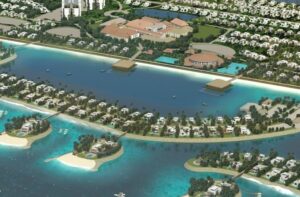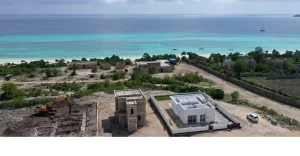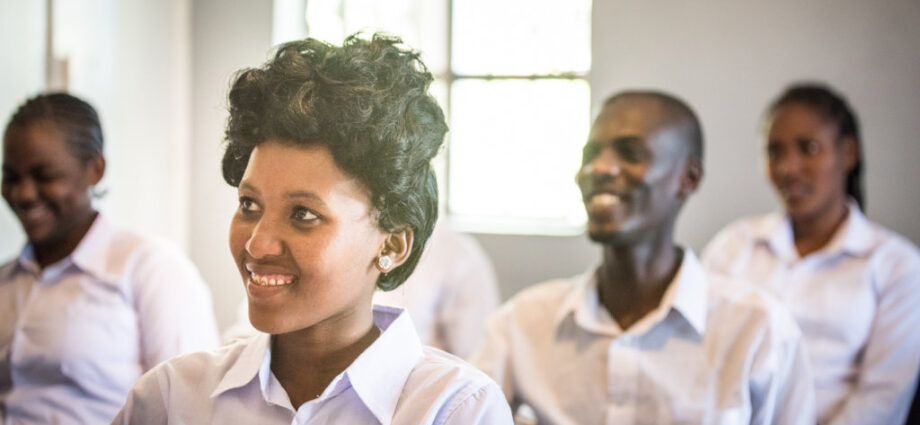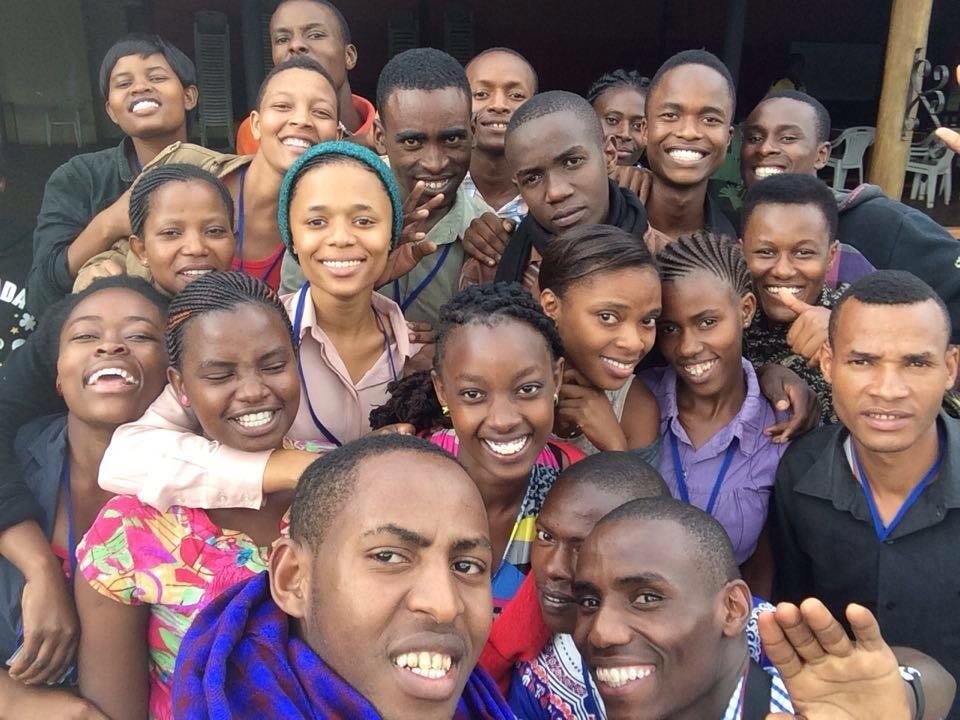Tanga, Tanzania — From Dakar to Dar es Salaam, Africa’s cities are vibrant hubs offering new and promising opportunities. Given these cities are increasingly young – with under-25s projected to make up 70% of urban populations by 2050 – why is it so hard for young Africans like me to get involved in shaping them?
Whilst our cities bring opportunities, there are still several issues that show Africa’s cities aren’t designed for the young people of today, and certainly not in the numbers that are arriving. Across Africa, urban areas are already under severe strain, with infrastructure struggling to cope leading to over-crowded and under-serviced slums. Water insecurity, lack of education opportunities and under-resourced health services also greatly impact the well-being of urban Africans.
Youth unemployment has been on the rise for years now, making cities expensive and unwelcoming places for many. What should be a place of culture, education, health and opportunity is more often a place of struggle. Mass unemployment now sees more than 12% of African youth without work, which severely damages Africa’s ability to truly thrive. This holds the continent back on a global level while severely affecting the lives and livelihoods of those affected.
Although we have challenges to face, the might of Africa’s youth offers new and exciting ways of thinking to tackle these issues head-on. Tech-savvy and open-minded, youth are essential to finding innovative solutions to the various social, economic and environmental challenges Africa faces. Looking to us would help bring about inclusive and impactful change.
When adequately supported we can be the answer to the problem, developing policies and programmes focused on tackling the issues that affect us most. That is why young people must be involved in shaping their cities and be given a platform to make their views known.
There’s so much to gain from young people being involved, I know this from experience. My city, Tanga, is one of Tanzania’s fastest-growing cities, accounting for 13% of the Tanga region’s population. In Tanga, Fondation Botnar, the Tanga Yetu Initiative and the Youth Survival Organisation work to tackle social services provision challenges including education and health, while nurturing existing and emerging talents of visionary youngsters through charitable work and advocacy works. I was privileged to work with them to promote youth involvement in the climate action space and together we amplified voices of young people of Tanzania that are confronted with an unabated impacts of climate change. We took this youth voice to the Youth4Climate Summit convened in Milan, Italy that preceded COP26 last year.
We also looked locally, to address the lack of a supportive environment for the growth of informal sectors. Informal sectors, such as street vendors, employ about half of Tanga City’s labour force and is a key employment option for youth and women. We are demanding on the establishment of a transparent financial mechanism, to provide a room for fair loans and grants for young people to scale up their businesses and providing business space for them to operate.
On the other hand, Tanga is a coastal city facing challenges posed by human activities, due to lack of sanitation, locals residing near the shore tend to perform improper waste disposal, endangering marine biodiversity and landscape. Also, local residents still lack awareness on how to leverage a plethora of opportunities through blue economy, such as tourism, handcraft works from coral reefs and modernized fishing just to mention a few.
Fondation Botnar’s project ‘OurTanga’ demonstrates that collaboration between those with vision and those with power can create a place that benefits many young people. Several NGOs came together to give young people the opportunity to take part in initiatives to improve their cities. They have worked with the young people of Tanga to develop policies that improve learning environment conditions in schools and entrepreneurship, innovation and digital literacy training. The success of these initiatives has shown the value of youth participation, as well as providing viable blueprints for activation. This is the first step in achieving the long-lasting changes needed to improve young people’s well-being and opportunities.
Statistics show that by 2050, more than 60% of the world’s population will be living in urban areas, how well prepared are we? Climate change has affected the agricultural sector (the backbone of African nations’ economies) which has led to youth rural-urban migration. Urban areas are now facing population expansion and an increase in crimes due to the struggle to access scarce resources.
This is a call to action for governments, private sectors, civil society organisations (CSOs) and other development partners to invest in the resilience of growing cities including Tanga. Urban sprawl and its related challenges can be inhibited if we will collectively take a holistic approach through effective legal frameworks, smart city financing and urban planning to achieve the 11th Sustainable Development Goal targets.
As we celebrate Africa Youth Day – a day created by the African Union to promote youth involvement towards its Agenda 2063 – I am calling on our leaders to listen to the youth. We have so much to offer, and Africa has so much to gain from this collaboration, let’s not miss out on the opportunity to help shape the quality African cities that we need and deserve to live in.
The important question to our leaders is, are they ready to elongate the decision-making table and allow youth to take part in the conversations and negotiations?
If they’re ready, when?
If they’re not ready, why?
Youth must be involved, because everyone will be accountable to pay the price when cities are not smart enough to cater for the needs of the population, resources and livelihoods. If we don’t take action for our future, the world will.
Humphrey Mrema is a Tanzanian Youth leader and Chairman of Youth Survival Organization. Humphrey has received an Outstanding Youth in SDGs Advocacy Award for his commitment and was also the Youth4climate delegate who represented Tanzania at the Pre-COP26 Youth event, also called UN Climate Change Pre-Conference held in Milan, Italy in September 2021.
Source: allafrica.com
Share this news
This Year’s Most Read News Stories

British Investor’s $1.6 billion real estate project in Zanzibar lies in limbo
The revocation of British developer Pennyroyal’s leasehold for the construction of Blue Amber Resort by the Revolutionary Government of Zanzibar has sent shock waves in the nascent property market on the Isles.Continue Reading

Tanzania readying to talk to British developer over Zanzibar land lease revocation
Dar es Salaam. British firm Pennyroyal Limited has said it will sue the Tanzanian government over leasehold revocation in Zanzibar, but the Attorney General has confirmed that they are preparing to meet with the investor.Continue Reading

How new crop insurance will change farmers’ fortunes
Initiative is a shot in the arm for agriculture, which is currently virtually uninsured with just 0.17 percent of all general insurance sales.Continue Reading












